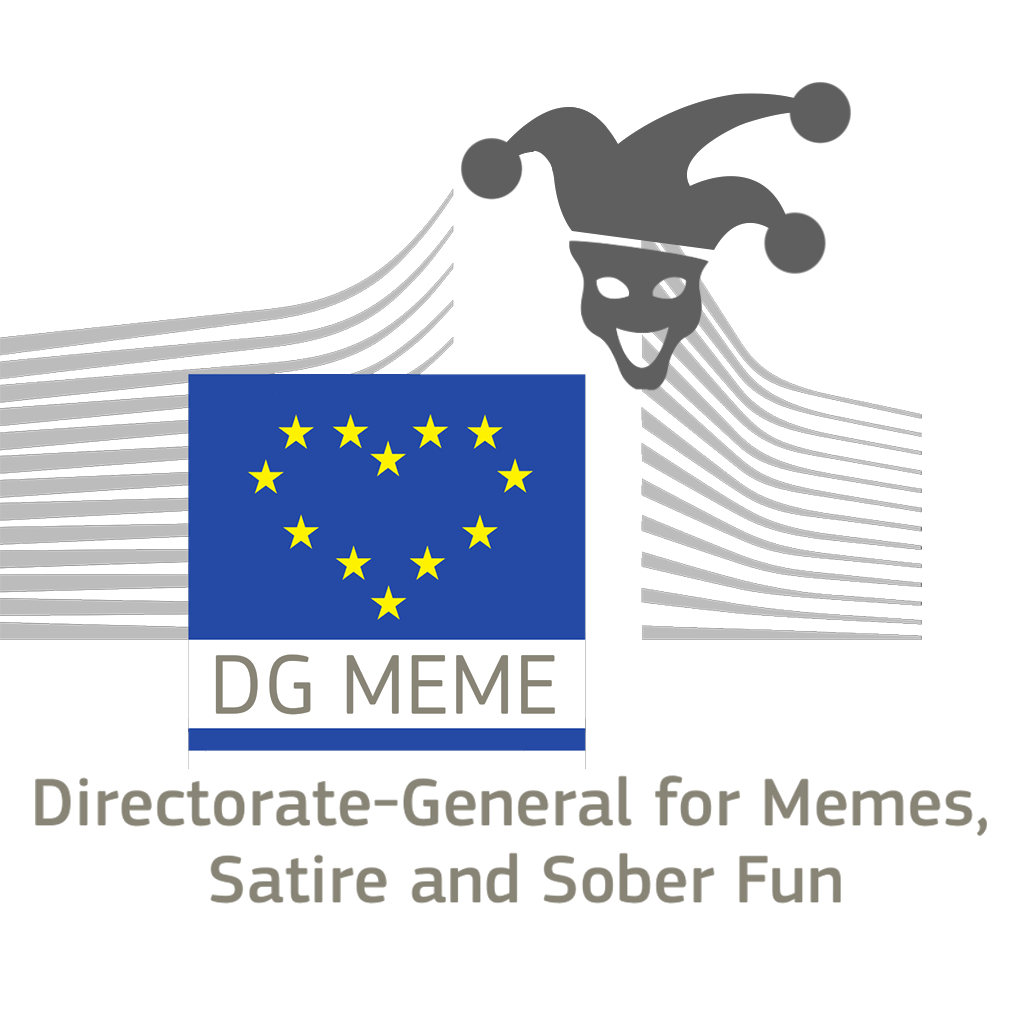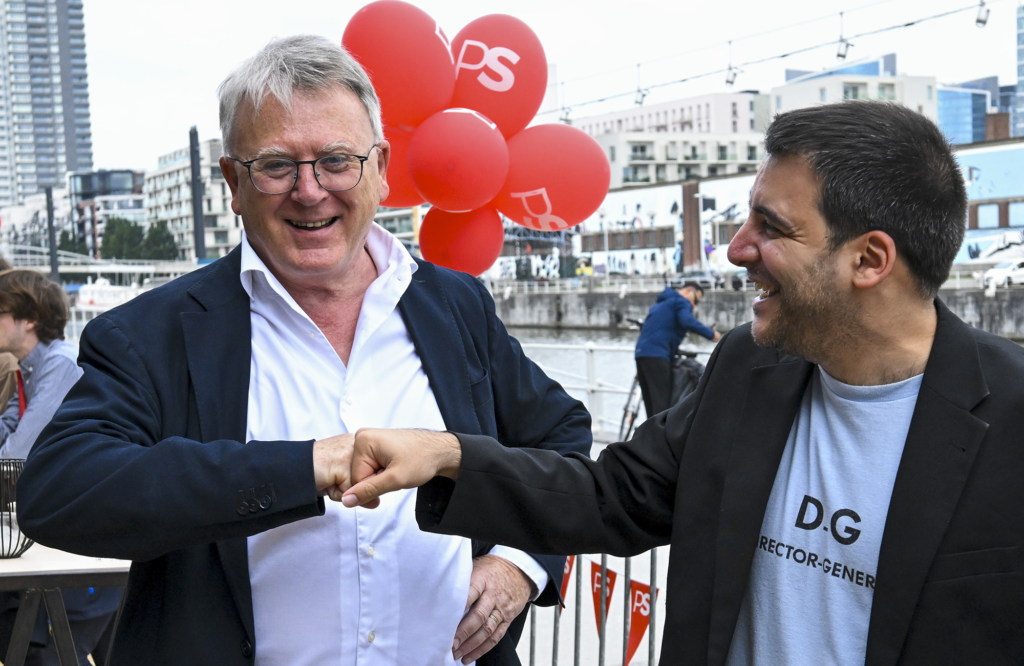
“I’m thirty-four and I am exhausted”, said Robin, who has been following the seventy-year-old Commissioner and lead candidate Nicolas Schmit in his campaign. “Yesterday we were in Portugal, today we are in Belgium, tomorrow we will be in Luxembourg, then Italy, Spain and Croatia”. I am happy Schmit found some time in his busy agenda to answer a few questions and listen to my meme speech.

It’s quite easy to connect with him, you see he is used to meet and talk to people. His voice did not improve since the Eurovision Debate but it’s stable at least. We share the same music taste (“Leonard Cohen is the best”), I suppose this makes me an honorary boomer. His favorite actor is the anti-hero Steve McQueen (1930 – 1980), though he admits nobody ever called him “The King of Cool”.
As a child, what was your family like?
My mum was a housewife and I will never thank her enough for pushing me to study. My father was a steel worker; our town, Differdange, was nicknamed the Iron City of Luxembourg, because of the many steel factories that were built there since the end of the 19th century.
Did you inherit any practical skills from your father?
Not really. My wife always says I’m not able to repair anything at home.
Did you have any student job in your youth?
Yes, I worked for a few months for a company that built heating systems. I had to transport blocks of metal to the room where a colleague was building the burners. And it was in summer, over thirty degrees and it was exhausting. I did all this because I was eighteen and I wanted to buy a car.
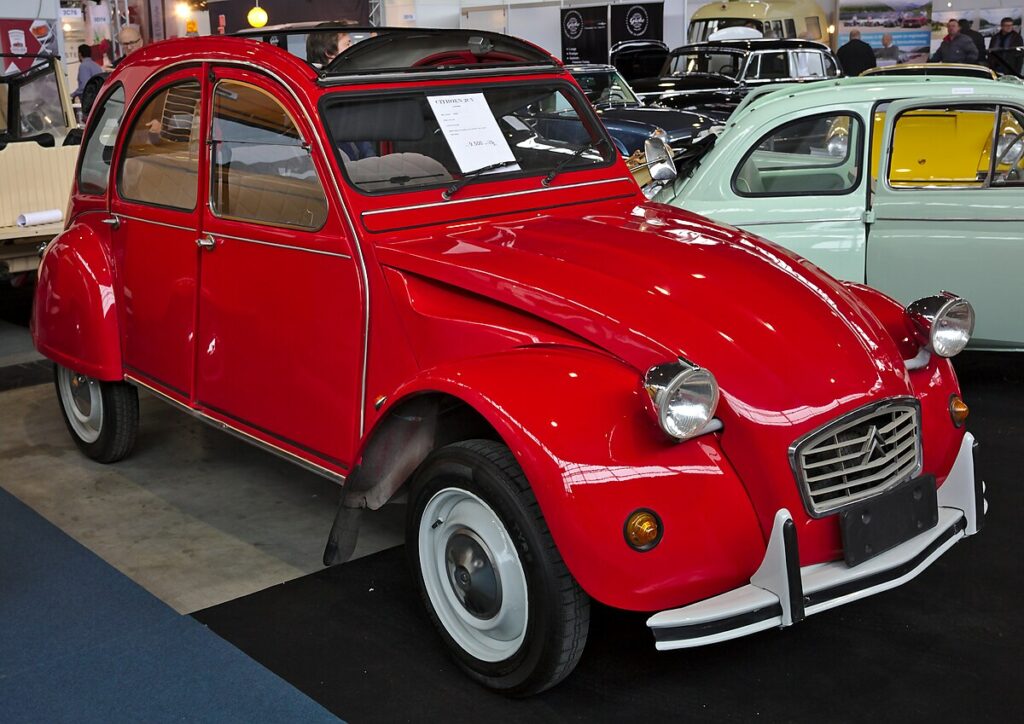
Ah, the incentive of capitalism! Which model was the car?
A 2CV, it was in 1971, a long time ago.
Did you enter politics in that period?
A year earlier, I joined the Socialist Party when I was seventeen, against my mother’s desire, she was really against that. But at that time young people were all leftists and I was too, though I always rejected radicalism. That’s probably why I entered diplomacy in 1982.
“In my days young people were all leftists and I was too, though I always rejected radicalism”
In the same period your children were born. Did being a father of four help you developing your diplomatic skills?
Let’s say I used my diplomatic skills to deal with my children.
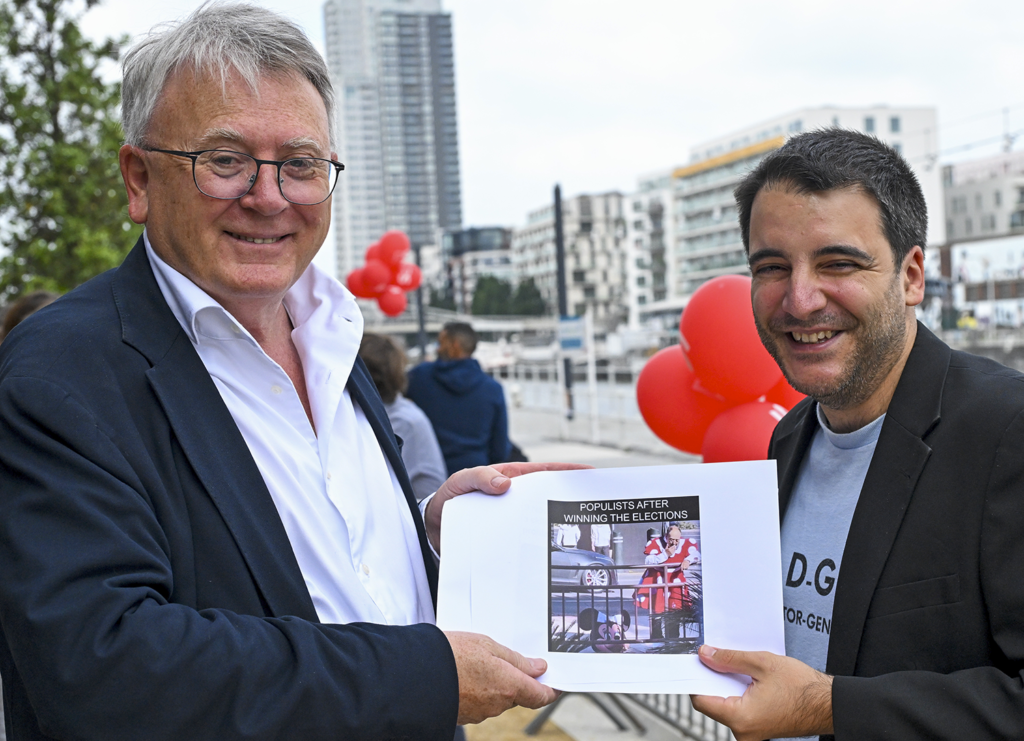
What was the most significant event of your diplomatic career?
Helping negotiating and drafting part of the Maastricht Treaty [signed in 1992, it’s the founding treaty of the European Union, the one that introduced the single currency and improved the EU decision-making procedures, ed]. Of course, I am not proud of all the chapters in the Treaty, but I was just a young diplomat back then.
Your involvement continued in the years to come?
Yes, I took part in all the treaties that followed, I was also a member of the European Convention that wrote the Constitutional Treaty [signed in 2004, it was rejected by French and Dutch voters in 2005 and replaced by the Treaty of Lisbon, ed]
The European Constitution, which was voted down by the people… Too ambitious or not enough ambitious?
Not so ambitious.
I helped drafting the Maastricht Treaty. I am not proud of all its chapters, but I was just a young diplomat back then
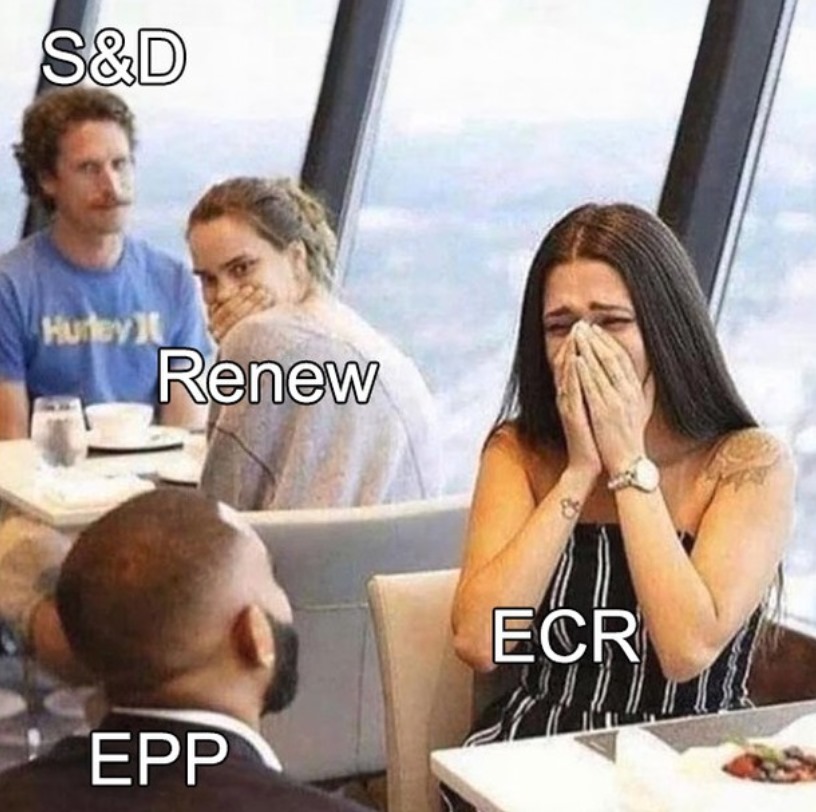
In your long career you witnessed many social and political events. How did the people’s perception of the European Union change over the years?
I was lucky enough to have lived the years of Delors as a diplomat. Back then we were enthusiastic about Europe and the direction it was taking. Delors was supportive of the internal market and economic integration but he also wanted to add a strong social dimension. Later things changed and I think that’s when people started losing the enthusiasm…
Talking about Treaties, where do you find the motivation to run as spitzenkandidat, knowing that in the end the Council might propose any random name?
It’s not about getting the EU top job, it’s about delivering a message. For me what matters is to have the opportunity and the honor to propose and discuss my vision of Europe.
Delors was supportive of the internal market and economic integration but he also wanted to add a strong social dimension
For the third time in a row the socialists picked a white man (before Schmit, Schulz and Timmermans, ed), how can I say, not in his prime, for lead candidate. Is this a good strategy for a political group that is supposed to fight for diversity and gender-equality?
If there had been a woman willing to take this position, we would have chosen her. Equality means that everybody has the same opportunity, but deciding to face a specific task is a personal choice. Yes, I am an old, white man, but I am also strongly committed to diversity and gender equality, that has been a big part of my campaign.
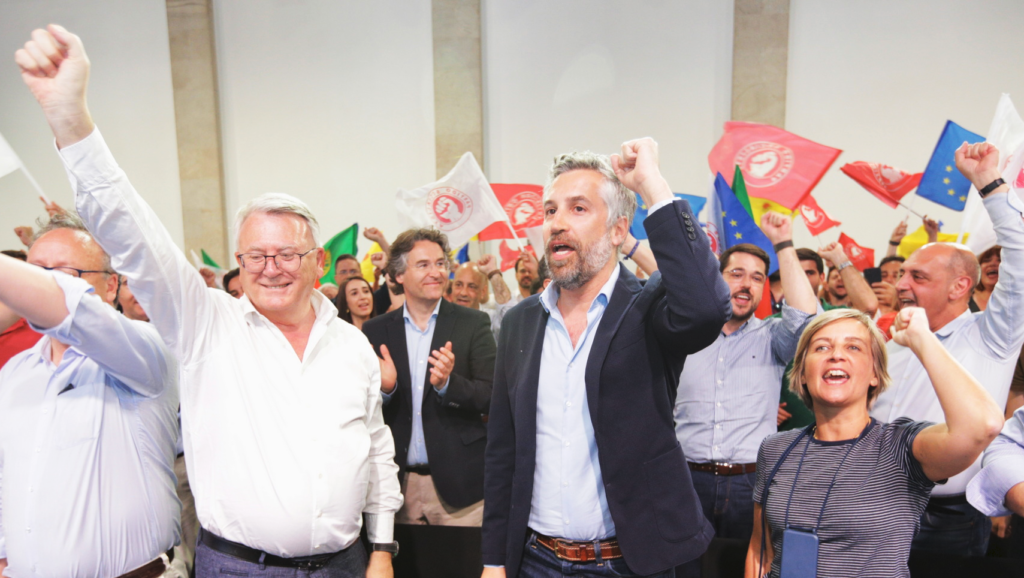
Would you say that the uncertainty of the reward and the difficulty of the task made it easier for you to be nominated spitzenkandidat?
I said: “At my age I don’t want to fight for this position, because normally I should be retired, as my wife would like. If there is another candidate, you can choose them”. At that time, several names were being floated, but in the end the party chose me.
Would you say that’s because nobody really wanted that burden?
I would say lead candidates are always appointed without much commotion. The only real fight to become spitzenkandidat happened in the EPP ten years ago, Juncker Vs. Barnier.
Being a spitzenkandidat is not about getting the EU top job, it’s about delivering a message, a certain vision of Europe
Were you happy with this nomination or do you live it as a last service to the cause?
I was happy to be chosen and being supported unanimously. They didn’t think I was too old or too Luxemburgisch.
Is your nationality really a problem?
Well, many people say that there are too many Luxembourgers in EU politics…
In these last months you visited many countries and met many people. Was there a particular moment when you felt that the EU is too far from the people?
Some people might not know how the EU functions or how things are going but they do have expectations and disappointments. And for me this is what really matters, I have to take into account the expectations and reduce the disappointments.
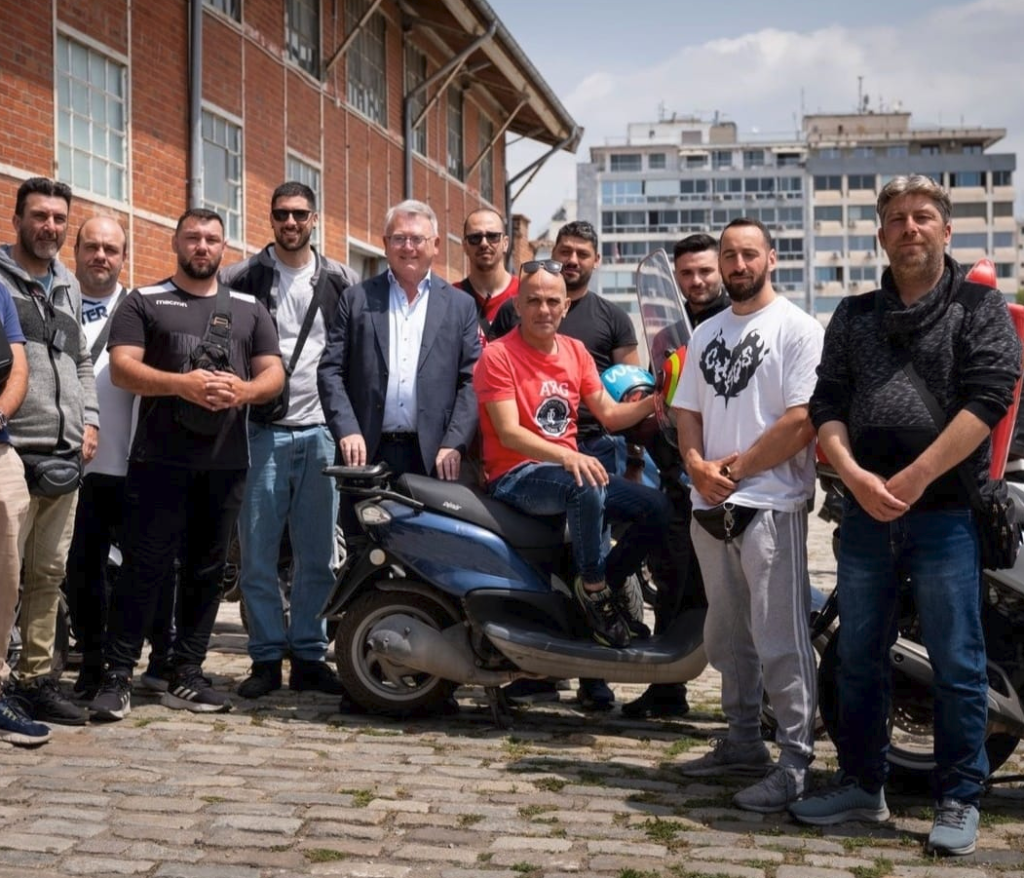
Was there a particular event that made you understand the importance of the European Union?
My father’s father was killed the first day that Luxembourg was occupied by Nazi Germany; a bullet entered the kitchen and hit him. My father was sitting next to him, he was twelve. This tragic event lived with him until now that he is ninety-six; and it also affected my perception of the world. As a young man I thought if we had had Europe back then, my and many others’ grandfathers would still be alive. And that’s where, partly subconsciously, my engagement for Europe stemmed from.
How would you explain war to those generations that were lucky enough not to experience it?
I suppose this is something very hard to do. But now that history is repeating itself, we can observe what is happening at our doors. We have to start a serious and difficult debate: we can’t let Putin win in Ukraine or he will think he can win in the Baltics, in Poland or everywhere.
